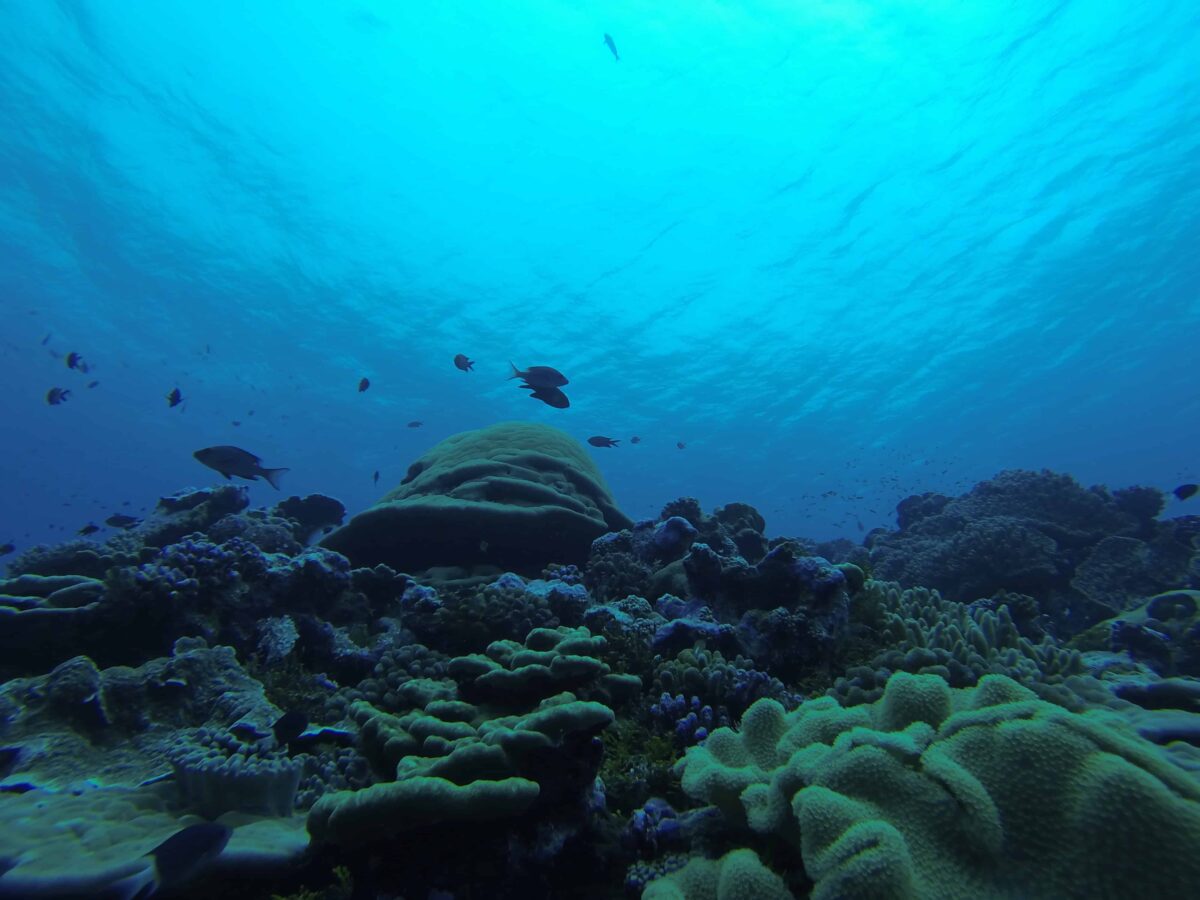Scientists, academics, officials, and environmentalists will debate on Friday and Saturday in Costa Rica measures for the preservation and sustainability of the oceans in the face of climate change and human actions, a year before the global conference on the subject to be held in France.
The Central American country is hosting the “Immersed in Change” meeting, co-organizing with France the III United Nations Conference on the Ocean (UNOC), scheduled for June 2025 in the city of Nice.
The Chancellor of Costa Rica, Arnoldo André, explained on the eve of the preparatory forum that it will be “a space for the exchange of good practices and successful experiences in issues related to the health of the ocean.” Participants will discuss topics of governance, global warming, fishing, and marine biodiversity to aid decision-making at the conference in France.
Blue Diplomacy
One of the main pillars of “Immersed in Change” is to continue with the international political agenda to meet the Sustainable Development Goals (SDGs) established in 2015 by the UN, of which number 14 deals with ocean protection. To this end, the first step is to add members to the High Seas Protection Treaty signed in 2023 by more than 70 countries, including the two hosts.
“Costa Rica is working hard towards the goal of protecting 30% of terrestrial and marine surfaces by 2030 and the ratification by as many UN member countries as possible of the new treaty for the conservation and sustainable use of biodiversity in international areas,” André explained.
The high seas are international waters that begin where the exclusive economic zones (EEZ) of the state’s end, about 200 nautical miles (370 km) from the coasts. Currently, only about 1% of the high seas are under conservation measures, and the treaty’s flagship tool is the creation of marine protected areas in these waters.
“If we want to arrive in France with our homework done, this weekend in Costa Rica is where we must move from words to action,” said marine biologist Pilar Marcos, head of Oceans at Greenpeace International.
An example of this international diplomacy is the project signed by Ecuador, Colombia, Panama, and Costa Rica to create a marine biological corridor in the Pacific Ocean from the Galapagos Islands in Ecuador to Cocos Island in Costa Rica. “It would be one of the largest conservation strategies in the world,” emphasized the environmental organization WWF.
Adaptation to Climate Change
The meeting in San José will also serve to compare situations, practices, and forecasts. “There are serious problems associated with marine pollution, and there are many sources of pollution that are damaging the health of the oceans,” said Álvaro Morales, director of the Center for Research in Marine Sciences and Limnology (CIMAR) at the University of Costa Rica (UCR).
Two-thirds of the Earth’s surface is covered with water, and the oceans are the largest source of CO2 absorption on the planet. “When the ocean is not in good health, manifestations start to occur in its biological productivity, in the organisms’ ability to adapt to climate change,” Morales commented.
Finding solutions to recover, sustain, and maintain the health of the oceans is the goal of “Immersed in Change” as a preliminary step to the world conference. “Otherwise, we won’t be in time to protect at least 30% of the world’s oceans by 2030,” Greenpeace warned.






